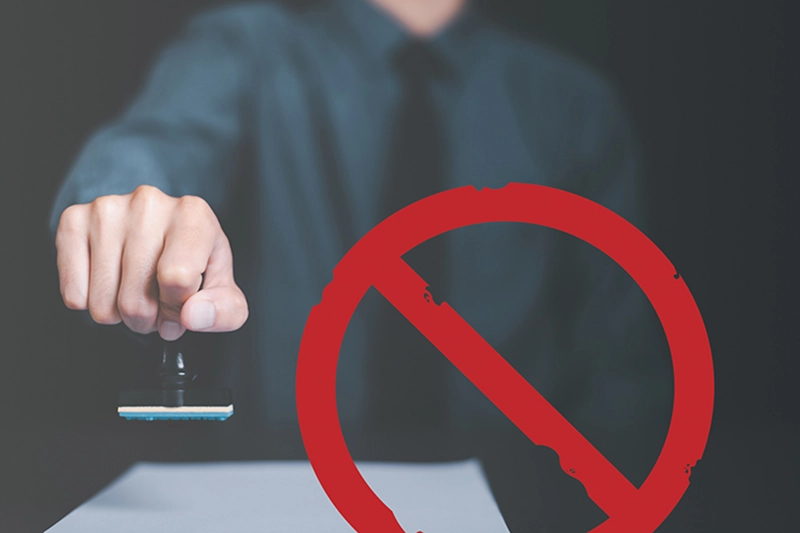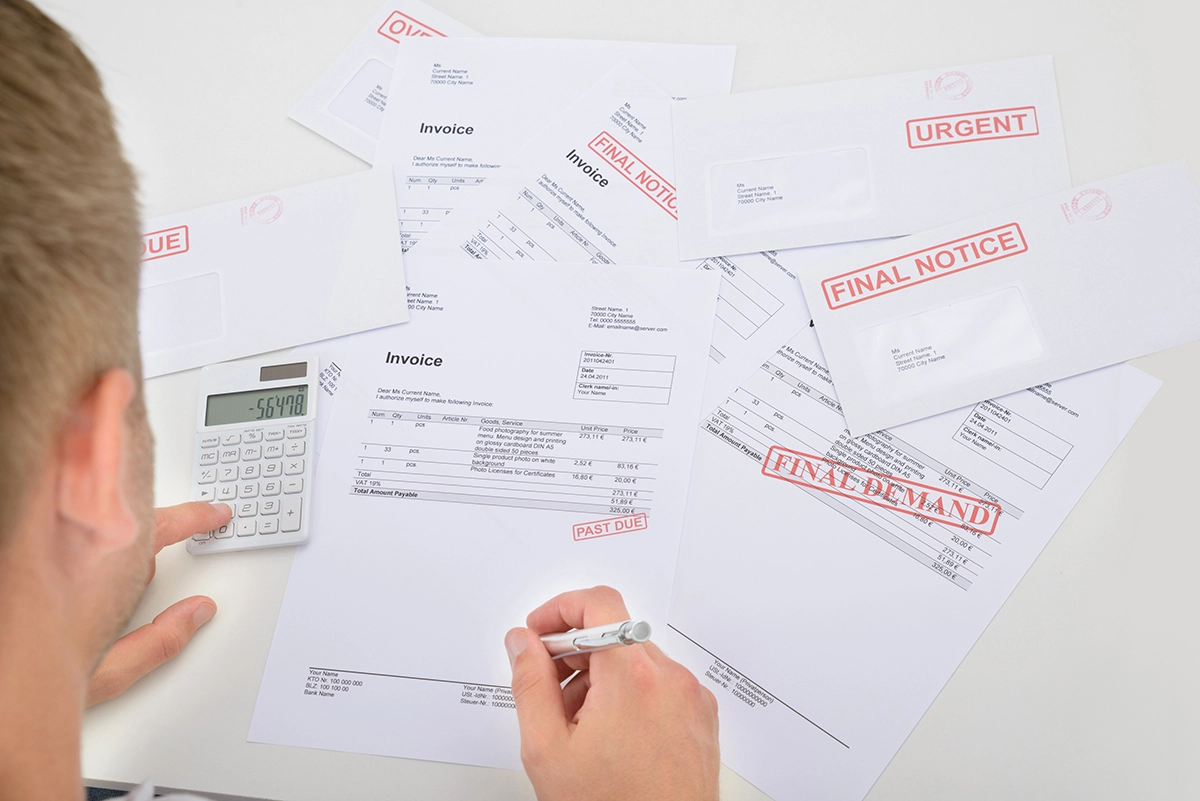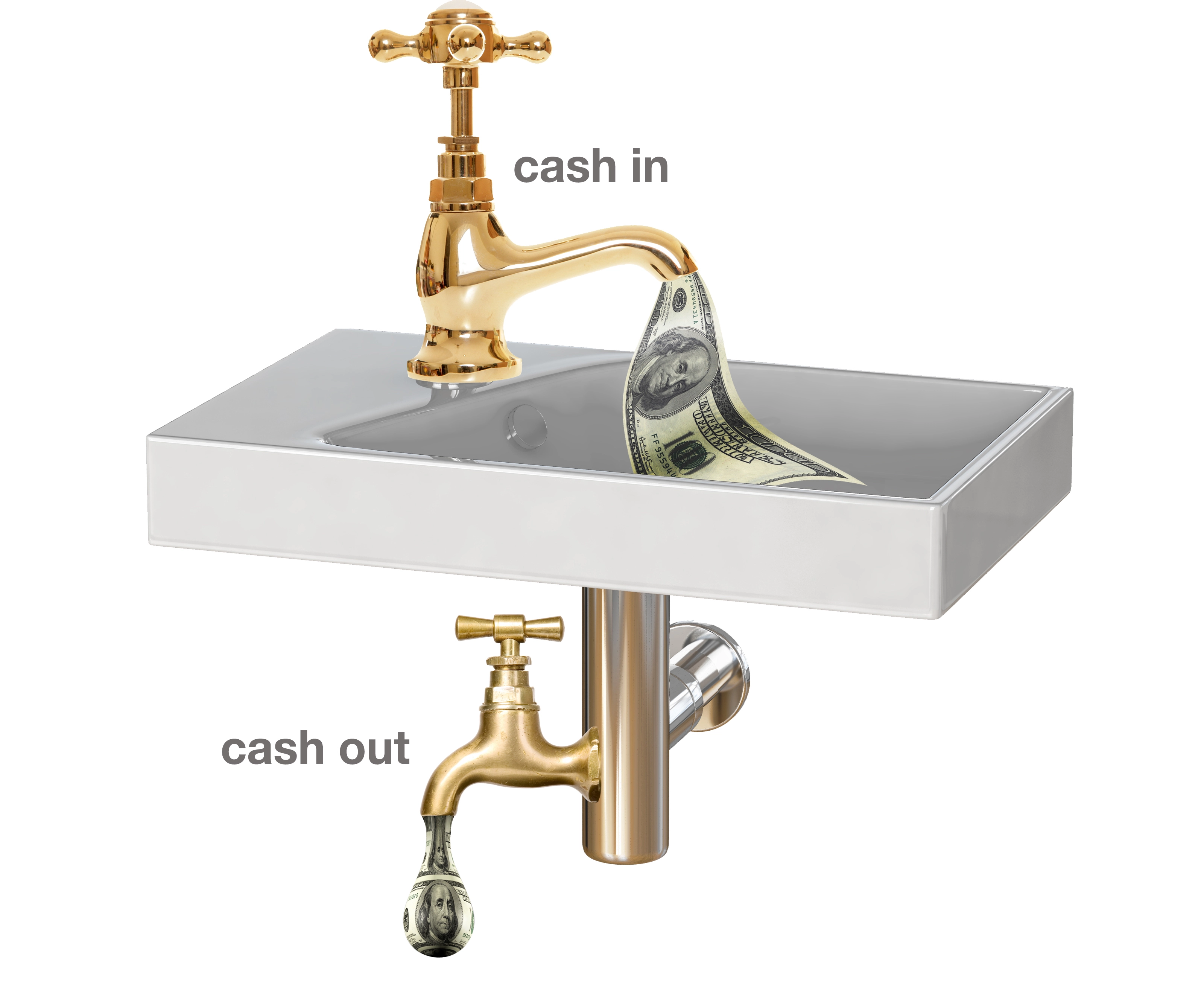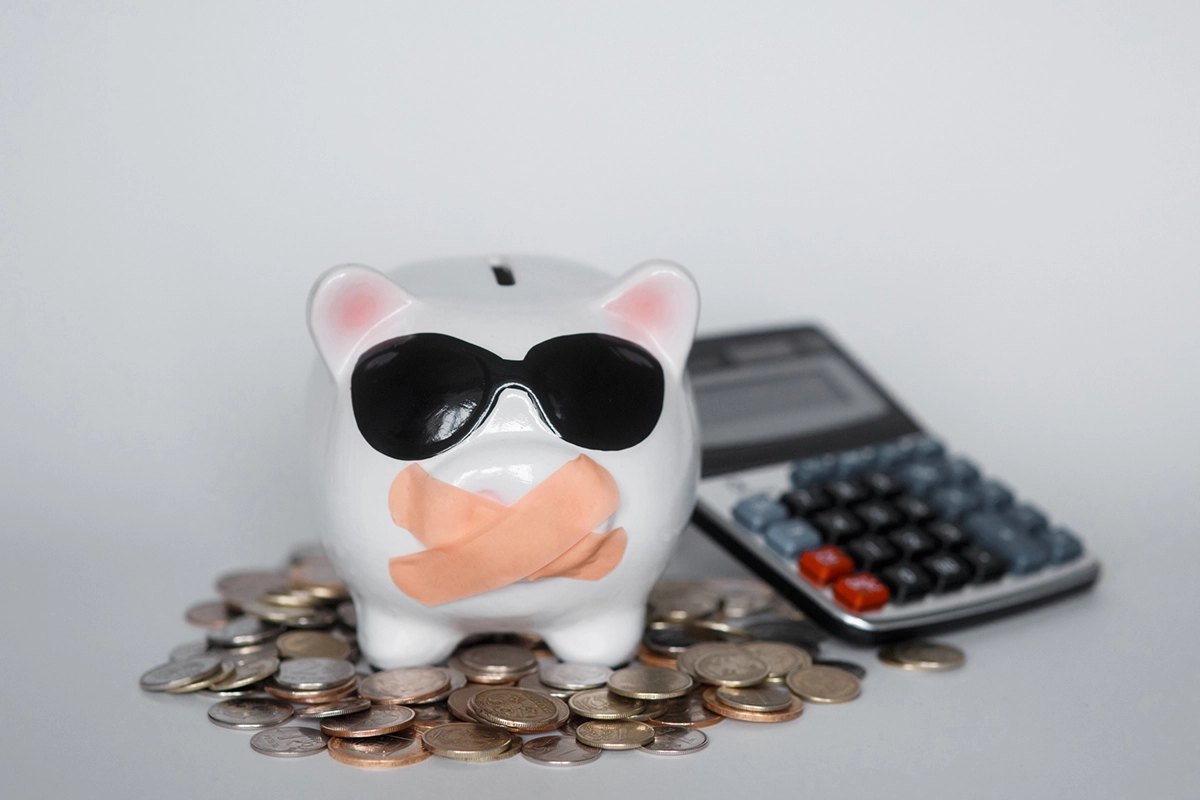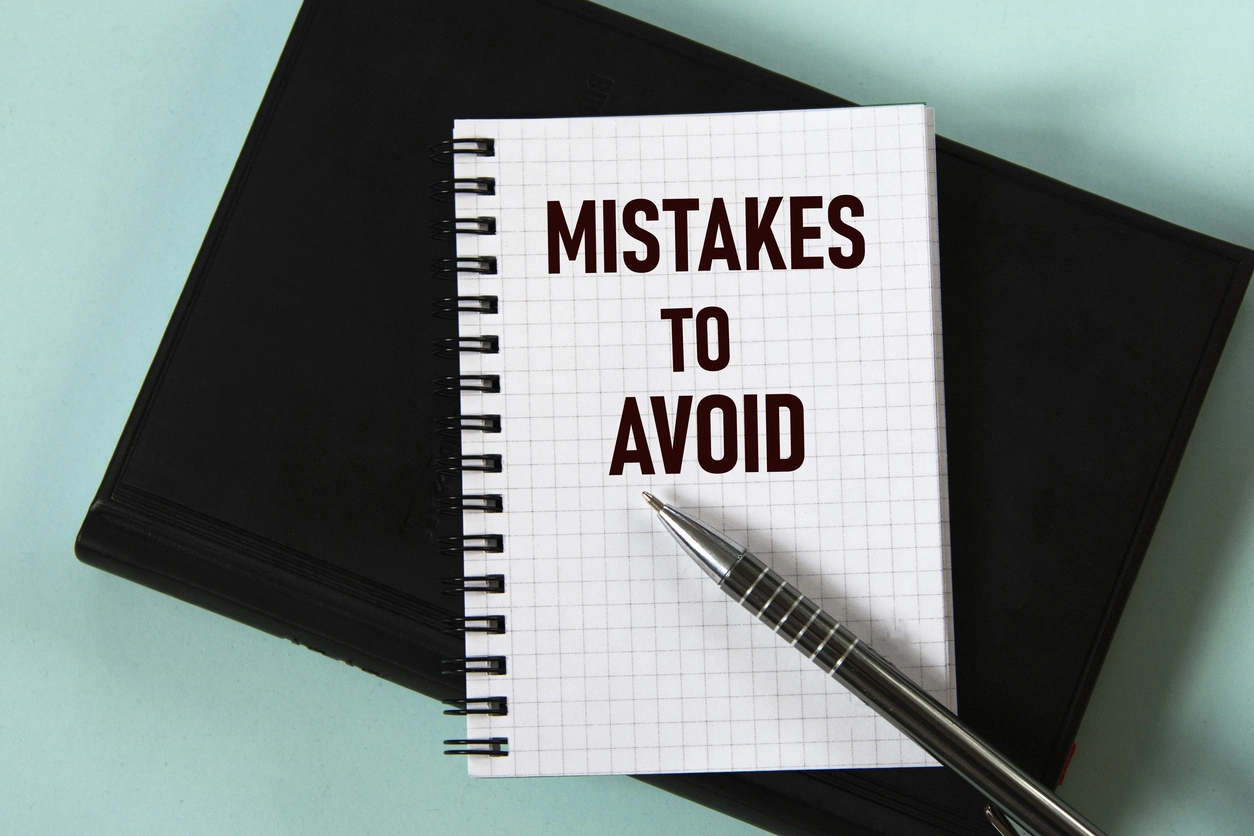Many owners think that having two signatures required on a check prevents theft. This is not true if one of those signatures can be a signature stamp.
In the 40+ years I have been consulting with business owners, one of the most difficult things I've ever had to do was tell two partners that a third partner was stealing at least $50,000 annually from their business.
Frankly, it was more probably. However, I felt horrible and didn’t want to dig any further.
Who is Signing Your Checks?
The partners required two signatures on all checks. So, how did this happen without anyone noticing? One of the partners had a heart attack and was out of the office for months. He had a stamp made with his signature to facilitate check payments. The bookkeeper partner used this stamp along with his actual signature to comply with the two-signature rule. The bookkeeping partner wrote checks to himself and coded them to penalties, interest, and other accounts. The partners never reviewed the financial statements, after all, they trusted their partner who did the books. As a result, they didn’t question the penalties on their profit and loss statement (their payroll taxes were always paid on time so entries in this category didn’t make sense). The accountant who did their taxes never questioned the penalties entry either. No one caught him until I investigated.
The company owners eliminated the signature stamp and required actual signatures on checks to avoid this happening in the future. And if you think this cannot happen because you do things electronically, Adobe, iPhone, and docu-sign apps allow you to insert electronic signatures that you have already created! So, think again.
So, how do you protect yourself from this type of fraud? You can’t always be present. For instance, what if you’re going to be gone for a vacation and the bookkeeper says she needs a signature stamp “just in case” or permission to electronically sign? This happened with one of my clients.
A Matter of Trust
A client of mine was going on vacation. The bookkeeper insisted that she needed the signature stamp since the owner would be away. I said it was ridiculous, bills could be paid before the owner left or after he returned. After all, he was going to be out of the office for only 10 days.
He told the bookkeeper that she couldn’t have the signature stamp.
She replied defensively questioning why he didn’t trust her and insisted that she needed that stamp. The owner explained that this was not a matter of trust, it was a separation of duties. He didn’t want any checks signed without his signature. (After of course, I explained the dangers of a bookkeeper having a signature stamp).
Since the owner had not destroyed the stamp yet (he eventually did), I told him to put it somewhere in his home that his adult daughter could find. If the bookkeeper absolutely needed to write a check, then she could contact the daughter who could then give her approval, and go to his home and get the signature stamp. Or the daughter could bring it to the bookkeeper, watch while she printed and stamped the check, and bring it back to his home.
Since payroll was through direct deposit and most of the payments were made electronically, unless there was an emergency, no checks needed to be written while he was gone. This was the case while he was on vacation. No checks needed to be written.
In addition, he was available on vacation. There was cell phone service where he was going. If an emergency occurred, he could be reached.
Put the following safeguards in place to avoid fraud:
1. Send your bank statements home. Look at them before you bring them to the bookkeeper to reconcile the accounts. If something looks wrong, ask questions. It’s not only your internal people who can steal. A contractor sent a check to his auto repair company. Someone there altered the check and cashed it for $500 more than the check was initially written for. The owner caught it because he got the checks at home. He brought the check to the office, got the stub and invoice, and went to the owner of the auto repair company. He got his $500 back.
2. Bookkeepers never have check signing authority. If a bookkeeper has check signing authority, you have given her permission to write any check to anyone. If there is theft, it is a civil case rather than a criminal case and much harder to prosecute in court. With a signature stamp, the bookkeeper does not need check-signing authority. She can stamp any check with your signature stamp. This includes checks to herself or a company she owns. In addition, this is an easy way to steal if someone takes it.
3. If you use electronic check scheduling, set up auto alerts on your account for any checks or bill payments over a certain amount. Again, no checks should be going out without your approval. However, take advantage of the extra layer of protection offered by most banks. Utilize and opt into the controls available, especially when it comes to permissions for employees.
4. Do periodic audits on all accounts to ensure you aren’t missing any unauthorized amounts being debited from the account.
Please destroy your signature stamps and in all cases, disallow any check signing or check authorization without your final approval.
Ruth King has more than 25 years of experience in the HVACR industry and has worked with contractors, distributors and manufacturers to help grow their companies and become more profitable. Contact Ruth at ruthking@hvacchannel.tv or at 770-729-0258.

